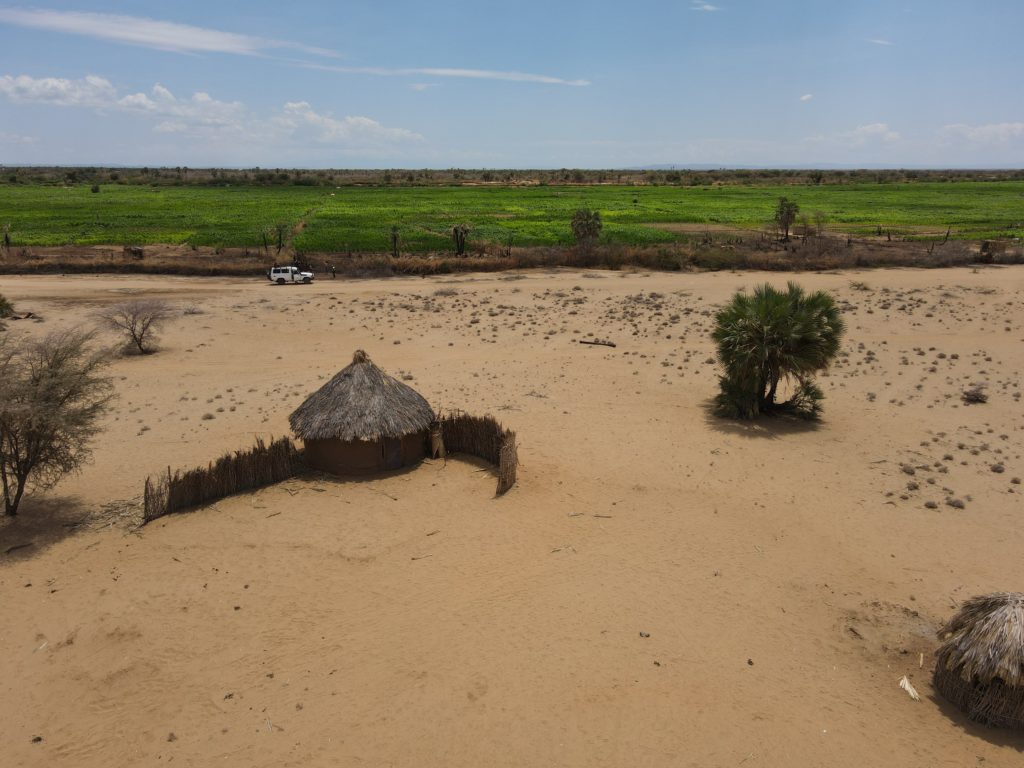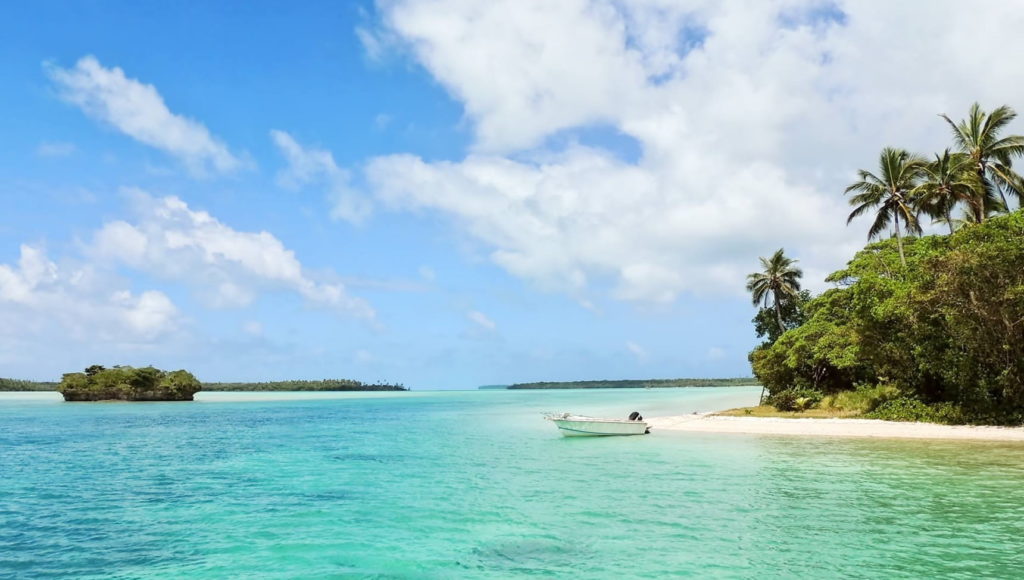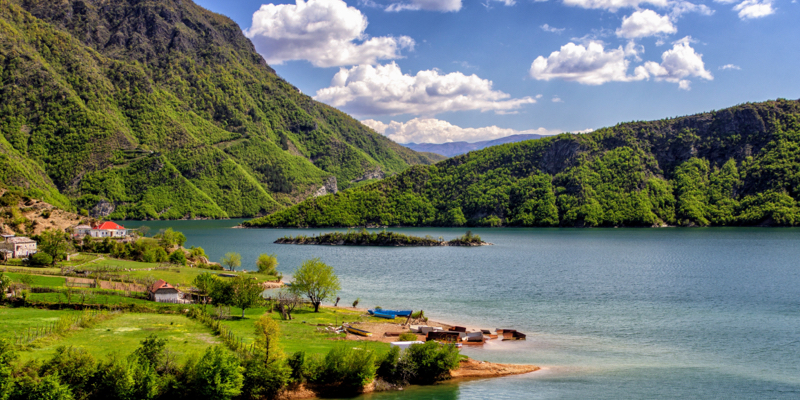- Sector : Agriculture
- Location : Kenya

Overview
SCFs is providing technical assistance to a saline agriculture project in Northern Kenya (Turkana), developed by Nara, using saline water to create productive agricultures in order to capture soil carbon and produce climate-positive products for local consumption and export markets.
Turkana county, one of the 29 ASAL (Arid and Semi-Arid Landscape) counties in Kenya, like many other drought-stricken counties in Kenya, suffers from freshwater shortage while having access to abundant saltwater resources both in its saline lakes and groundwater. Millions of pastoralists who live in the northern counties struggle with chronic drought, lack of freshwater, and the dwindling grazing resources. The project aims to tackle these challenges by creating large regenerative saltwater farms that produce affordable livestock feed for local communities while providing alternative livelihoods in the production of high-value ingredients for export markets such as cosmetic and nutraceuticals.
The proposed phase-1 project will be located on the shores of Lake Turkana, in partnership with the Ministry of Agriculture and Livestock of Turkana. Other stakeholders include WFP Turkana, and local NGOs working in the region.
The Challenge
Turkana region has been particularly threatened by the threats of climate change, primarily drought. The 2023 drought resulted in an estimated 2.6 million deaths of livestock in Kenya, representing a significant blow to livelihoods and economic loss.
The National Government of Kenya has dedicated in 2023 significant resources into drought management and support for pastoralist communities in the ASAL regions, in which pastoralists are provided with cash payments during drought conditions for the purchase of feed.
However, a significant bottleneck at present is the lack of affordable feed in ASAL counties. On one hand, pastoralists are still heavily dependent on commons grazing pastures, which are heavily degraded and no longer support the current populations of herds. On the other hand, available feed products in ASAL counties are extremely costly, upwards of $400 USD per tonne, largely due to a lack of producers in these regions, and the cost of transport.
ASAL counties particularly struggle to grow fodder and feed due to the lack of freshwater. While having the largest groundwater deposits in the East African region, this water is saline/brackish and therefore not generally suitable for traditional agriculture.
Turkana has been particularly threatened by drought, but the abundance of saltwater and unused land makes it a uniquely suitable place for saline agriculture production. The project is expected to:
- Produce 32,500 Tons per year of food, livestock & aquaculture feed, bio-powder, bio-salts, Distichlis hay.
- Capture around 10 tCO2e per hectare annually.
SCF’s Involvement- Technical Assistance
To further support and inform the development of this project, the SCF’s Technical Assistance Facility is commissioning a pre-feasibility study, including the following assessment:
1) status of the pilot project and assessment of the results in terms of production of products through a site visit. Consultation with the county government and community members to ensure their adequate involvement in the project.
2) Identification and evaluation of the legal and regulatory framework for the project according to the national laws, regulations, and policies.
3) Identification of potential regulatory and governance challenges that could impact the project.
4) potential tax implications and incentives available.
5) general desktop market overview of products such as vegetables, livestock and aquaculture feed, bio-powder, bio-salts, Distichlis hay.
Our Target Impact
The goal of this project is to reduce GHG emissions, create decent jobs and empower women.
-

SDG 13 Climate Action
The project is expected to:
- Avoid GHG emissions by producing less carbon-intensive products, such as livestock and aquaculture feed for the local market. Avoided CO2e estimates are to be calculated in a future study.
- Sequester carbon in site soils, estimated at 10 tonnes CO2e per hectare annually. This will be confirmed noting that such numbers are typical in tropical afforestation/reforestation projects
-

SDG 8 Decent Work and Economic Growth
The project is expected to create 150 direct jobs, with a further 700-1000 indirect jobs through ‘spoke’ producers.
-

SDG 5 Gender Equality
Kenya scored 0.71 in the economic participation and opportunity area of the gender gap index in 2022. Meaning that women were 29% less likely to have equal economic participation and opportunities than men. 98% of women are employed informally.
The developer commits to a minimum 50% women representation in upper management and the wider workforce, including supporting women-led co-ops.
The project will use existing women cooperatives to operate the project, from field operations to processing and forage activities.
The project will comply with SCF Gender Policy and 2X criteria for employment and leadership.


